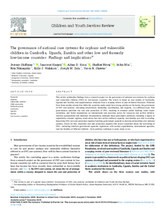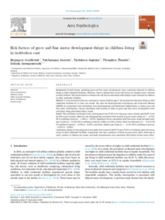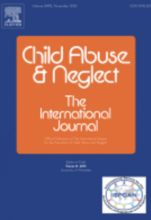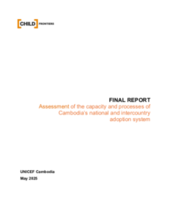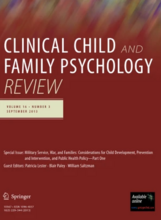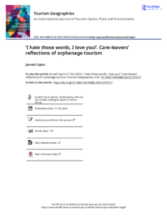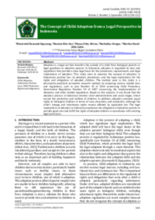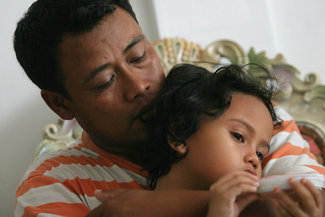

Displaying 1 - 10 of 752
This article examines how national care systems for orphans and vulnerable children in Cambodia, Uganda, and Zambia are governed, drawing on case studies and a review of existing research. It highlights the gap between strong policy commitments and weak on-the-ground implementation, pointing to historical, political, and capacity-related factors that hinder effective care and protection.
This study identifies high rates of gross and fine motor delays among young children living in residential care facilities in Thailand and examines factors contributing to these developmental challenges. These findings highlight the developmental vulnerabilities of young children in residential care and point to key predictors that can inform early interventions.
This review compares child protection systems in Indonesia and Ethiopia using UNICEF’s Child Protection System Strengthening framework. Both countries have established solid legal frameworks and coordination mechanisms, but progress toward system maturity remains slow due to gaps in enforcement, accountability, and support services, with Indonesia showing stronger development in workforce and data systems.
This study compares child custody and guardianship norms in classical Islamic jurisprudence and modern codifications, focusing on Indonesia’s Compilation of Islamic Law and related laws in selected ASEAN and European countries. It finds that integrating the “best interests of the child” with Islamic legal reasoning through maqāṣid al-sharīʿah can promote child protection and gender equity, offering insights for legal reform in plural societies.
This report presents an independent assessment of Cambodia’s national and intercountry adoption systems, with a focus on the country’s progress in aligning adoption practices with international standards for child protection and family-based alternative care. Commissioned by UNICEF Cambodia in collaboration with the Ministry of Social Affairs, Veterans, and Youth Rehabilitation, the assessment evaluates the current capacity, processes, and legal frameworks governing adoption, and provides recommendations to strengthen the system in the context of Cambodia’s ongoing care reform agenda.
This review examined 39 studies on parenting interventions for Southeast Asian families in low- and middle-income countries and diaspora communities, identifying 31 distinct programs that generally improved parenting practices and child behavior. Findings support the effectiveness of these interventions while emphasizing the need for more rigorous research, clearer documentation of adaptations, and stronger evaluation methods to maximize public health impact.
This study explores the experiences of nine young Thai adults who grew up in a Christian orphanage supported by foreign volunteer tourists, highlighting the impact of these visits on the children. Findings reveal that while orphanages often used children to attract financial support, most volunteers provided fleeting attention, leaving children disappointed and vulnerable, emphasizing the need for orphanage models that prioritize the children’s needs over tourist interests.
This Wall Street Journal article recounts the unraveling of Sovann Komar (“Golden Children”), a Cambodian orphanage founded in 2003 by Elizabeth Ross Johnson, heir to the Johnson & Johnson fortune, and her local collaborator Sothea Arun.
The article presents an in‑depth interview with the organisation This Life Cambodia, which works at the grassroots level in Cambodia to empower local communities around issues of social justice. It explores how community‑driven family‑strengthening approaches are applied in contexts of complex vulnerability, emphasising the importance of locally led support networks, culturally appropriate practices, and the agency of caregivers in sustaining positive family and community outcomes.
This study analyzes Indonesia’s legal framework for adoption, detailing its procedures, requirements, and implications under national child protection laws. It finds that while adoption ensures children’s welfare and grants them equal rights in care and education, inheritance and lineage distinctions remain under existing legal provisions.

